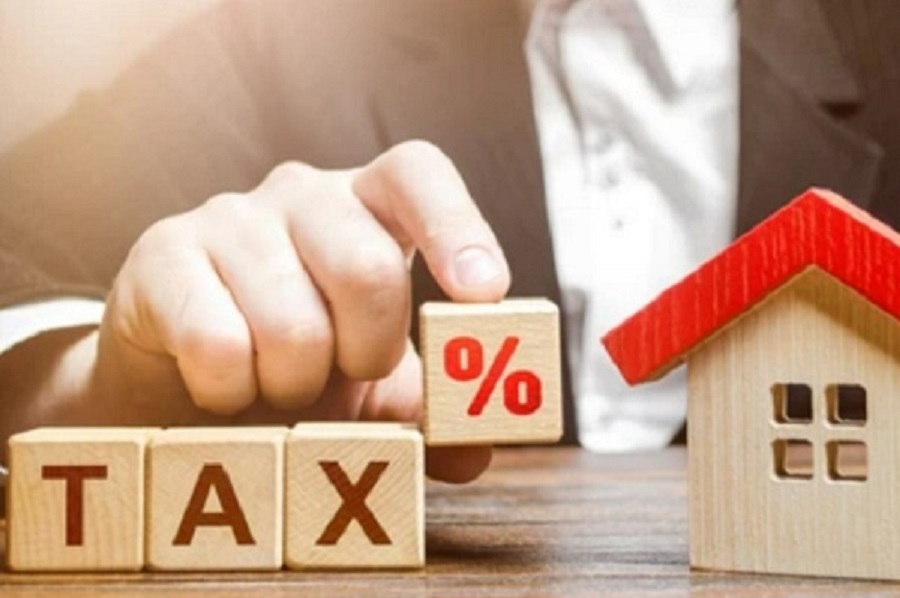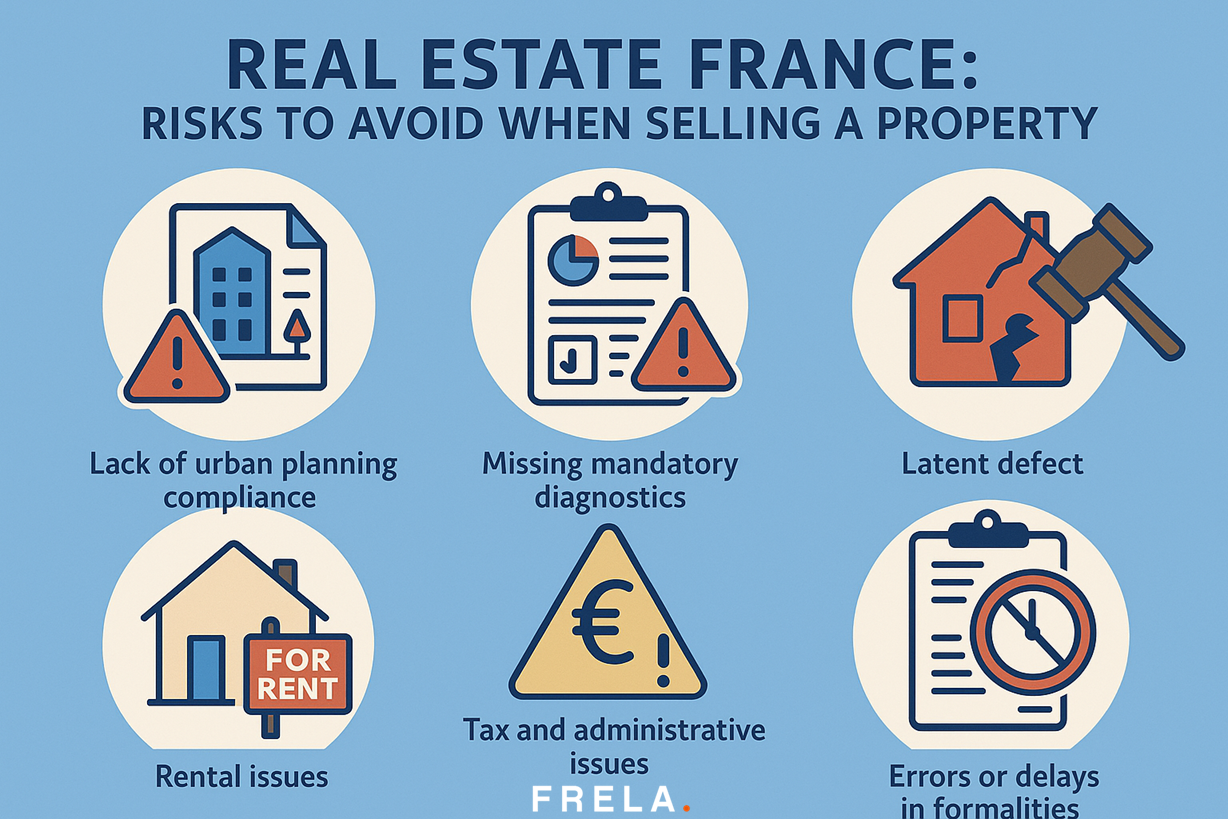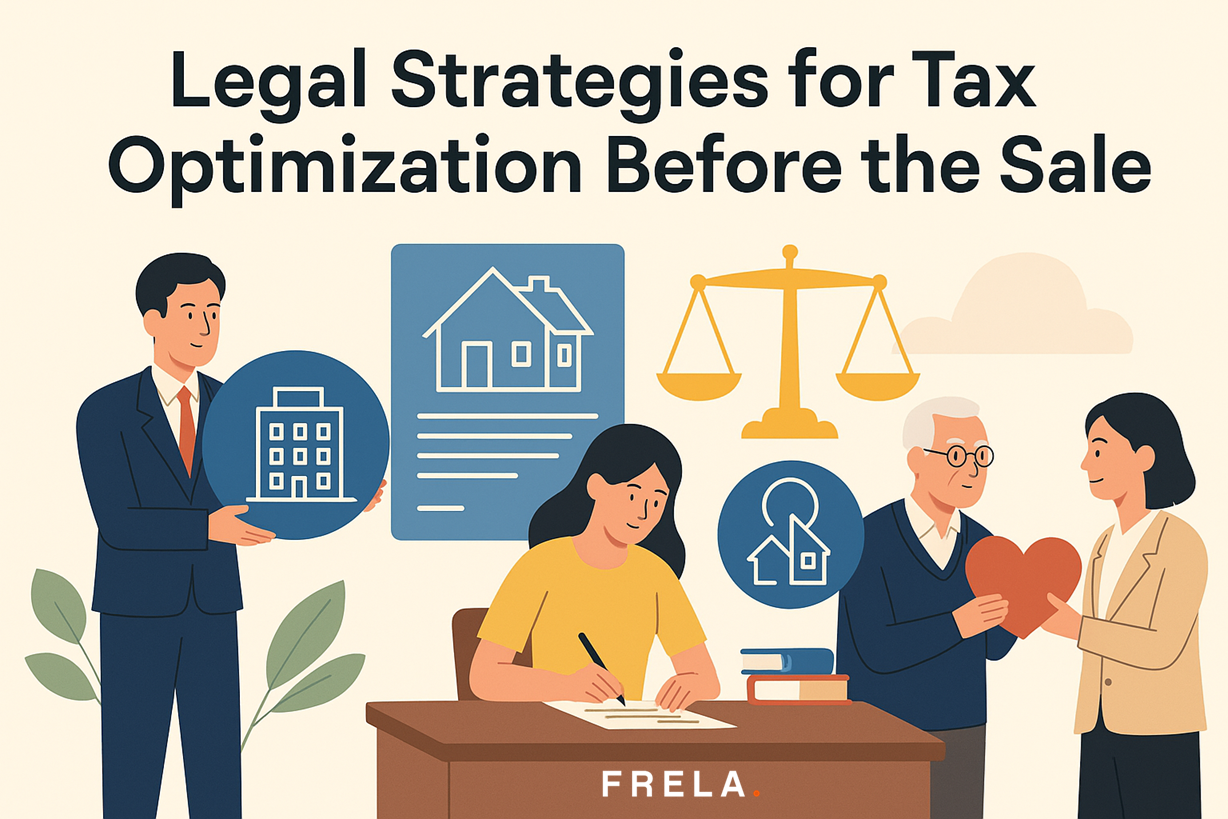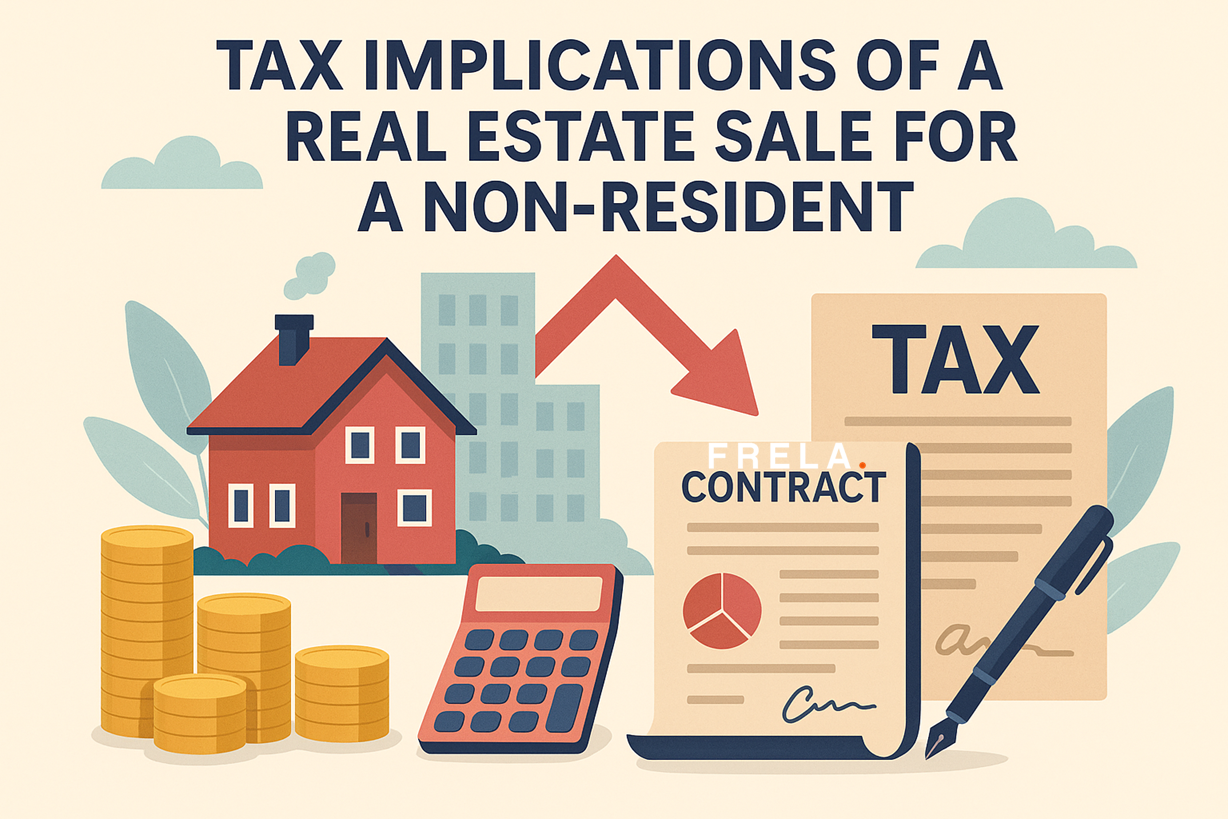What taxation for a foreign real estate investor in France?
Non-residents who decide to invest in real estate in France frequently find delight in their decision, yet they still worry about French taxation.
The French tax system is a declarative system based on statutory law: the French Tax Procedure Law “Livre des procédures Fiscales” and the General Tax Law “Code Général des Impôts”.
French real estate may be taxed whether it is transferred for valuable consideration (sale) or not (gift, inheritance). In these circumstances, the tax is usually in the form of a registration fee.
The fact that French real estate is owned may also be taxed. In that situation, they are subject to an annual tax on their total value in the form of a wealth tax, a 3% tax on property, and a residence tax. The seller of real estate may also be subject to capital gains tax on gains realized from the disposal of the property.
Foreign investors must use a lump sum basis if they generate little or no income from their properties. The flat-rate basis equates to three times the home’s rental value. This flat-rate base is established by evaluating the cost of comparable homes that are rented normally.


Taxation owned by a foreign investor:
| Property income is higher than the flat-rate basis | Property income is lower than the flat-rate basis or non-existent | |
| Tax calculation | The tax is calculated on net property income (with a possible imputation of deficits) | The flat-rate basis is required |
| Tax rate | No minimum rate for the purpose of calculating the tax. But social security contributions are required (15.5%) | A minimum tax rate of 20% applies (Article 197 I 1. of the CGI). Social security contributions are required (15.5%) |
An individual is “resident in France for tax purposes” if they live in France, if their main residence is in France, or if they are employed in France, whether they are paid or not, unless they can prove that it is a secondary activity, or if the center of their economic interests is in France. Independently of the nationality, those residing in France for tax purposes are subject to tax on their worldwide income.
In parallel, investment in real estate cannot result in a tax exemption if France is not the primary residence for tax reasons. As a non-resident, they will only be subject to French wealth tax if the value of their property in France exceeds the tax limit. Therefore, the value of the building located in France matters. In this case, most tax treaties allow the State where the building is located (France) and the State of residency of the investor to tax property income concurrently. The techniques for eliminating double taxation imposed by your state of residence are then provided.
To bypass the restrictions related to non-residents, it is possible to create a company that will purchase one or more properties on its own. If at all feasible, a professional should carry out this legal and financial structure to prevent mistakes. At Delcade we outline and provide the most efficient techniques and steps you may use to invest in French real estate.
About the Author :
Business lawyers, bilingual, specialized in acquisition law; Benoit Lafourcade is co-founder of Delcade lawyers & solicitors and founder of FRELA; registered as agents in personal and professional real estate transactions. Member of AAMTI (main association of French lawyers and agents).
FRELA : French Real Estate Lawyer Agency, specializing in acquisition law to secure real estate and business transactions in France.
Paris, 19 Rue du Colisee, 75008 Paris
Bordeaux, 78 Cours de Verdun, 33000 Bordeaux
Lille, 40 Theater Square, 59800 Lille





